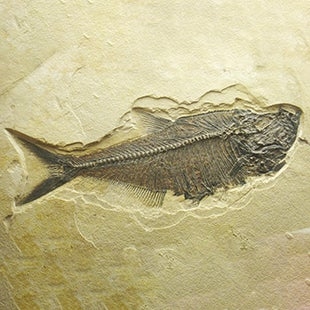Site Map
- Home
-
Activities
- All Activities
- Coloring Pages & Worksheets
- Teacher Toolbox
-
Quizzes
- A Brief History of History
- Babies, Birth, and Brains
- Because Your DNA Says So (quiz)
- Brains over Brawn
- Chipping Away
- Controlling the Code (quiz)
- Life is Spelled A, T, C, G
- Off to the Field We Go
- Our Primate Heritage
- Team Primates
- Technology and Human Learning
- The Setting for Science
- There's no I in Human
- To the Laboratory!
- When Did Our Brains Get Big?
- Puzzles
- Experiments
-
Stories
- All Stories
-
World of Anthropology
- Babies, Birth, and Brains
- Because Your DNA Says So
- Brains over Brawn
- Changing Climates and Changing Faces
- Chipping Away: Tools in the Stone Age
- Chomp Into the Past
- Controlling the Code
- Fossil Hunters
- Fossils Rock: How Geology is Used in the Fossil Record
- Historical Human Habitats
- Life is Spelled A, T, C, G
- Off to the Field We Go
- On the Origin of Species
- Our Primate Heritage
- Team Primates
- Technology and Human Learning
- The Setting for Science
- The Tales of Teeth
- There's no I in Human
- To the Laboratory!
- Walking Upright: A Tale of Two Legs
- When Did Our Brains Get Big?
- Who Are You?
-
Stories in other languages
- Bebés, nacimiento y cerebros
- Cerebros versus masa corporal
- Controlando el código
- El origen de las especies
- El relato de los dientes
- Equipo Primates
- La vida se deletrea A, T, C, G
- Las preguntas más populares
- Nuestra herencia primate
- Una breve historia de la historia
- ¿Cuándo comenzaron nuestros antepasados humanos a caminar sobre dos pies y cómo lo sabemos?
- ¿Cuándo nuestros antepasados humanos utilizaron herramientas de piedra?
- ¿Cuándo nuestros cerebros se hicieron grandes?
- ¿Cómo afectaron los cambios en el clima de la Tierra a nuestros antepasados humanos?
- ¿Cómo es ser un antropólogo en el campo?
- ¿Por qué el tamaño de nuestro cerebro cambió con el tiempo?
- ¿Por qué los humanos cooperan entre sí y viven en grupos?
- ¿Qué hace un antropólogo?
- ¿Qué plantas y animales vivieron junto con nuestros antiguos ancestros?
- ¿Qué podemos aprender sobre el desarrollo humano al estudiar a chimpancés y babuinos?
- ¿Qué pueden decirnos las rocas y los sedimentos sobre cómo nuestros antiguos ancestros se desarrollaron en los últimos 4 millones de años?
-
Top Questions
- How did changes in the Earth’s climate affect our human ancestors?
- I think I found a fossil/artifact! What should I do with it?
- What can rocks and sediments tell us about how our ancient ancestors developed over the last 4 million years?
- What can we learn about human development from chimpanzees and baboons?
- What does an anthropologist do?
- What is it like to be an anthropologist in the field?
- What plants and animals lived with our ancient ancestors?
- When did human ancestors begin walking on two legs and how do we know?
- When did human ancestors use stone tools?
- Why did the size of our brains change over time?
- Why do humans cooperate and live in groups?
-
Listen & Watch
- A Human Climate
- Chimpanzee Mother and Babies
- Could other species evolve into humans? w/ Donald Johanson
- Discovery: The Fossil Jaw of Homo
- How did you know where to find Lucy? w/ Donald Johanson
- How should we treat other species and the planet? w/ Donald Johanson
- How will humans look 1,000 years from now? w/ Donald Johanson
- In the Field: Exploring Pondoland, South Africa
- Looking into Lucy
- Skeleton Secrets
- What did we learn from Lucy? w/ Donald Johanson
- What makes us human? w/ Donald Johanson
- Meet Our Anthropologists
- Images
- Links
- Contact
- About
Be Part of
Ask An Anthropologist
By volunteering, or simply sending us feedback on the site. Scientists, teachers, writers, illustrators, and translators are all important to the program. If you are interested in helping with the website we have a volunteers page to get the process started.

